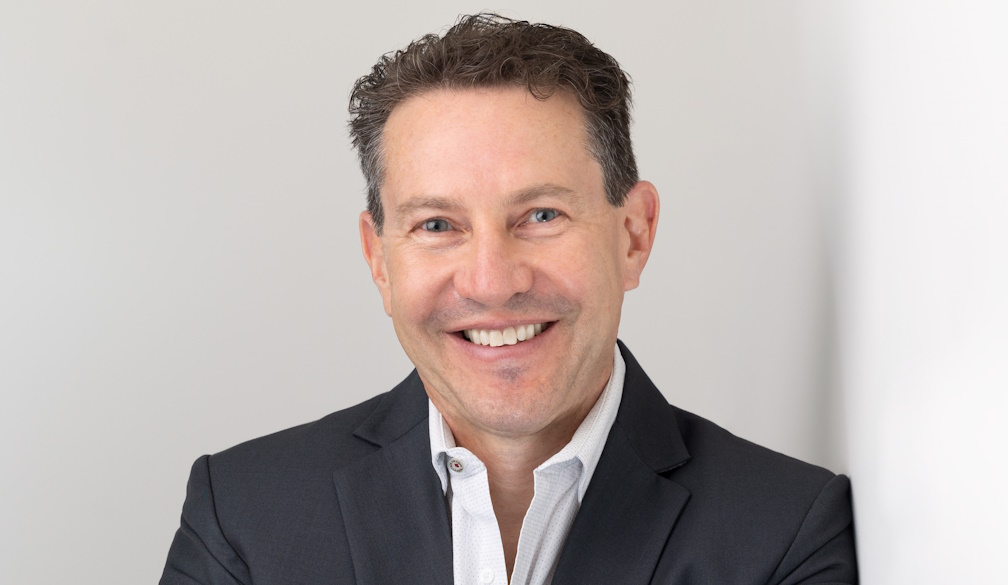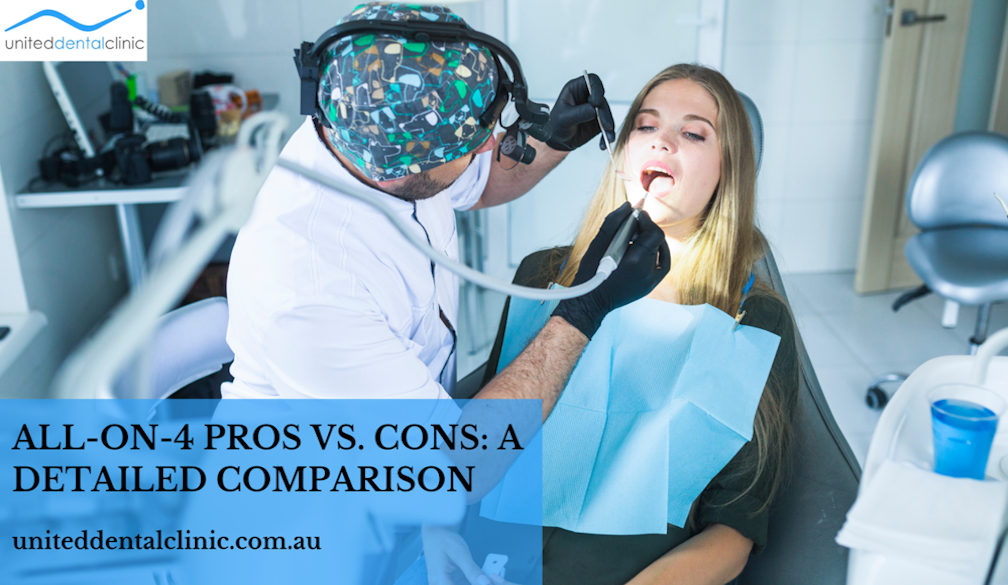Incontinence affects the lives of one in four Australians
- Written by Gavin Basserabie

It’s time to break the taboo around incontinence after cancer
Incontinence affects the lives of one in four Australians, with a high prevalence among men diagnosed with prostate cancer, the most common cancer among Australian males.
Surviving prostate cancer is nothing short of remarkable, but it also marks the beginning of a new life filled with physical and emotional challenges. As a result of prostate cancer treatment, an estimated 80% of men experience urinary incontinence, yet the topic remains a taboo, perpetuated by harmful myths that leave sufferers feeling isolated.
The impact of incontinence is profound, affecting men’s mental health and social lives. A recent survey by ConfidenceClub revealed that 78% of incontinence sufferers reported negative effects on their mental well-being, while a staggering 81% stated that it had a detrimental impact on their social life.
The struggle to adapt to physical changes following cancer treatment persists long after remission. One study of recovered cancer patients found difficulties in adjusting to changes in bodily function, including irregular bowel movements, urinary and faecal incontinence, and an increased need to use the bathroom were common.
Michael's* story is a poignant example of the challenges faced by prostate cancer survivors dealing with incontinence. Despite early detection and successful treatment through a radical prostatectomy, Michael experienced severe damage to his pelvic floor, resulting in ongoing incontinence issues. Despitediligently working with pelvic therapists, his pelvic floor did not fully recover, which meant incontinence pads and guards had to become a part of his daily life.
While surgical options were available to manage his incontinence, Michael made a personal decision not to pursue further procedures due to the potential risks and complications. Instead, he found solace in incontinence products that help him manage his condition effectively. As a survivor, he encourages others in similar situations to explore different products and find what works best for them, enabling a return to daily activities with confidence.
Michael's positive outlook and resilience serve as inspiration for others navigating the challenges of incontinence after surviving cancer. He reminds himself that, despite the occasional down moments, he is cancer-free and that the surgery that caused his incontinence ultimately saved his life. His message to fellow survivors is clear: do whatever it takes to regain a sense of normalcy and embrace your new normal.
Navigating the physical and emotional journey after cancer is undeniably challenging. However, by providing survivors with the right support and resources, we can make their path easier. Open conversations about incontinence and the availability of suitable products are crucial steps toward breaking the silence surrounding this often-taboo topic.
For Michael, the turning point came when his wife discovered ConfidenceClub. After multiple attempts of trying in-store incontinence products only to be met with leaks and ill-fitting makes, Michael’s wife contacted ConfidenceClub and spoke with one of their product specialists. They truly heard and understood his needs and helped her choose a product for Michael that was as effective as comfortable. No more bulky products and leaks to be seen!
Michael says he finally felt in control. Having access to a wide range of products and assistance from trained specialists removed the discomfort he had associated with purchasing incontinence products.
It is crucial that we continue to challenge the harmful myths and taboos surrounding incontinence. Incontinence after prostate cancer is a reality that many survivors face, and it's time to address it openly and compassionately. Let's break the silence, encourage dialogue, and create a community where individuals can find the resources and understanding they need to navigate their journey with dignity and confidence.
To all those affected by incontinence, whether as survivors or caregivers, remember that you are not alone. Seek the support and resources available to you, in order to embrace the new normal with resilience and determination. Together, we can ensure that no one faces the challenges of incontinence in silence, and that all survivors of prostate cancer can live their lives to the fullest.
*Name changed for privacy reasons.
About Gavin Basserabie, co-founder of ConfidenceClub:
A passionate entrepreneur and Chartered Accountant, Gavin Basserabie has spent more than two decades working across the retail, IT, e-commerce, and biotechnology industries. After learning that 1 in 4 Australians experience incontinence, Gavin co-founded ConfidenceClub with friend and business partner Garron Lipschitz in 2017.
Driven by the goal to improve the accessibility and affordability of incontinence products, Gavin has used his entrepreneurial expertise to establish ConfidenceClub as a leading industry name.





